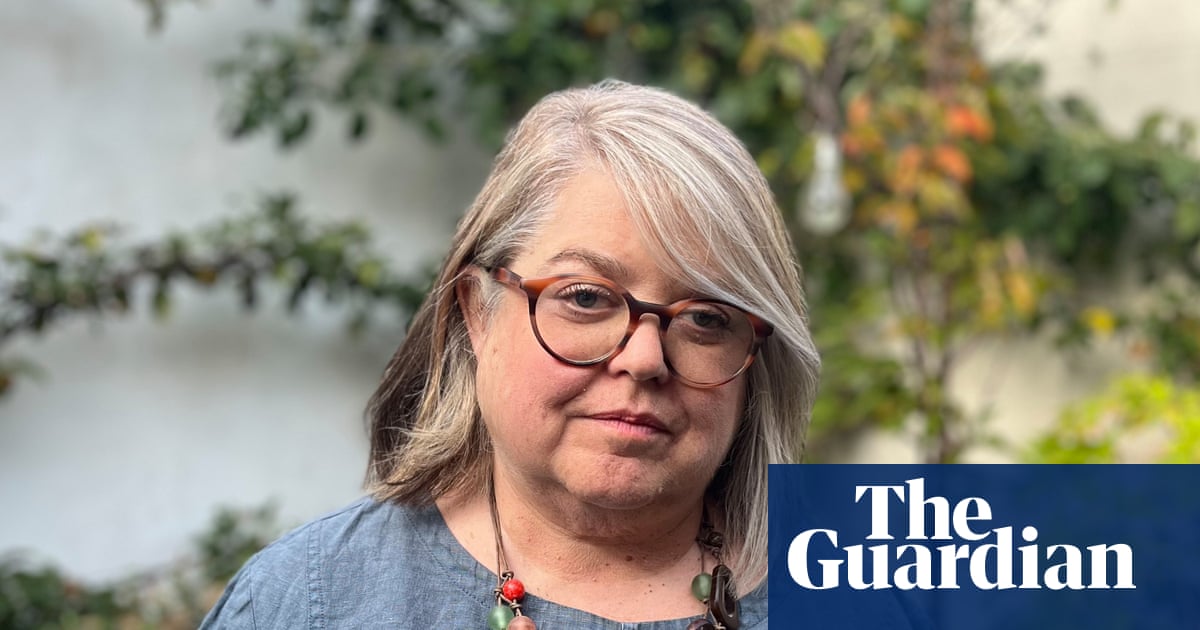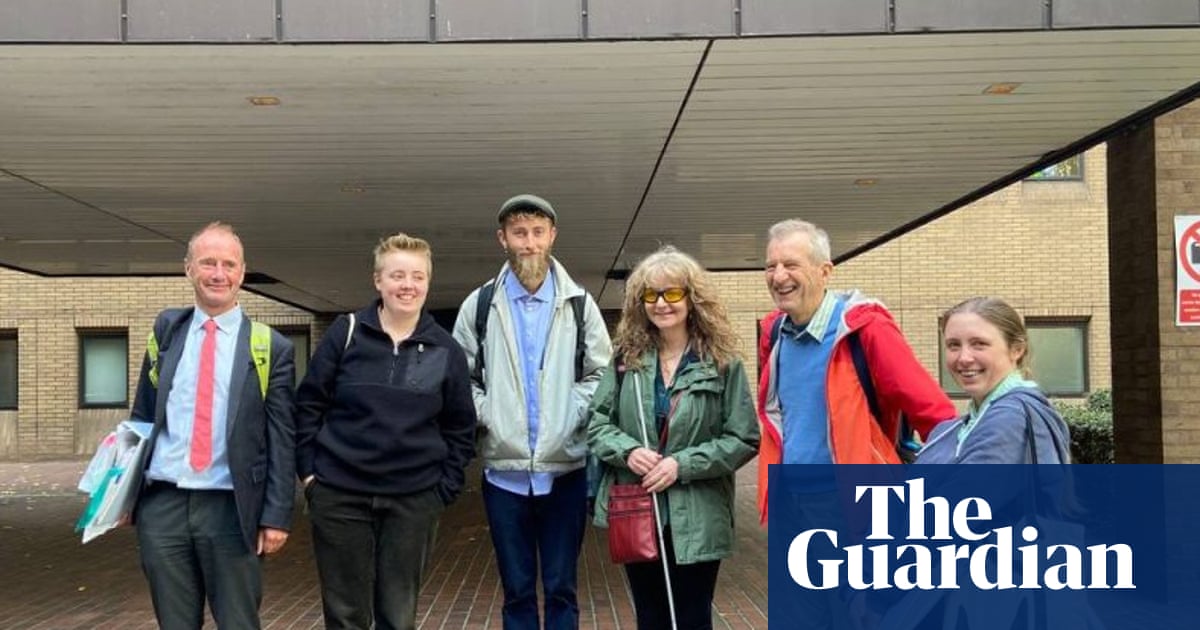The House of Lords has a rare opportunity to prove its worth to the country today, as it begins to debate the assisted dying bill. Personally, I would be in favour of peers throwing out the whole idea, which is what this dangerous and badly written bill surely deserves. But it is unlikely that they will want to go so directly against the Commons, especially on such a controversial issue. So instead I must hope that they listen to disabled people’s groups, as well as legal and medical experts, and at least undo some of the lower house’s most egregious errors.
Whether you are for or against the principle of assisted dying (I am pro), we should be able to agree that the passage of this particular bill through the Commons has been haphazard, deeply unedifying and fundamentally flawed. The Lords should reject this precedent and, by adopting a better process, produce a much safer bill than the one they have been sent.
Although peers can’t do anything about the fact that the bill is a private member’s bill, which somewhat limits the scrutiny it endures, it can allocate more time to debating it. The Commons did dedicate several days to its second and third readings, but on both occasions many MPs who wanted to speak did not get the chance to do so. The new home secretary (then the justice secretary), Shabana Mahmood, was among those who said there had not been enough time for debate. Of course, MPs often don’t get to speak during a debate, but when a law fundamentally changes the nature of the state, limiting the voices that are heard cannot be a good thing. A shift this big should not be rushed. And given the failures of the Commons process, dissenting opinions should be prioritised. The Lords exist to provide scrutiny, especially when politics means MPs haven’t, so peers should slow down and give this bill as much debate time as possible. Everyone should be heard – especially the peers who are experts in disability rights, healthcare, and inequality.
In a similar spirit, the Lords could bring in many more outside voices. One of the worst parts of the Commons process happens at committee stage. This is where interested and affected parties are invited to give evidence about a bill to a select group of MPs whose job it is to scrutinise its language and propose amendments based on what they hear. For a private member’s bill, the members of the committee are chosen by the bill’s proponent, meaning the committee usually leans in favour of the bill. But, even with that natural bias taken into account, the committee made some extraordinary decisions with the assisted dying bill. The original lineup for oral evidence did not include a single disabled people’s organisation, and it was only after much clamour from within and beyond parliament that Disability Rights UK was added to the billing as the most affected community’s sole representative. Other disabled people who gave evidence spoke in favour of the bill, despite the fact that a coalition of 350 disability organisations have, in an unprecedented move, united to oppose it. This clearly represents a critical imbalance that the Lords should endeavour to correct. Disabled people are not a monolith, of course, but when a bill so directly affects our lives (and deaths), we deserve to be front and centre, with our views fairly represented. Hearing from us would, one can only hope, lead peers to add desperately needed safeguards into the bill.
One way to do this would be to reintroduce amendments rejected by the committee, including those designed to exclude anorexic people from assisted dying, to protect prisoners and homeless populations, to give those with learning disabilities tailor-made information and to ensure that patients, not doctors, would be the first to raise the option of an assisted death. The rejection of these safeguards was horrifying, and made even worse by the fact that such important, literally life-and-death votes were taken by 23 hand-picked MPs rather than all of them. In an effort to make the bill safer, it is vital that when the Lords go through their own committee stage, as many crucial decisions are left to the whole House as possible.
But it’s not just on procedure where the Lords could outdo the lower house. Throughout the bill’s Commons passage, MPs were (deliberately or not) misled. When the committee stripped out judicial oversight, MPs were told safeguards had been strengthened. They were repeatedly told that disabled people were excluded from the bill’s provisions, but anyone with a progressive condition and an unscrupulous doctor might qualify. They were even told that the medical royal colleges supported a change in the law, but the Royal College of General Practitioners is officially neutral, and the Royal College of Psychiatrists has voiced serious concerns about the specifics of the bill. The best and simplest way the Lords could foster a better debate is by having an honest one, based on the bill before them, not a lofty ideal. The truth always matters; here, it is absolutely vital.
It would be easy to ask peers to chuck out the assisted dying bill. But it would also be naive and perhaps counterproductive. Instead, I ask them to give it, and disabled people’s lives, the consideration and time they deserve, to strengthen its safeguards with the amendments MPs rejected (and add others), and to have an honest debate. If the Lords does so, it will have proven its worth, tenfold.
after newsletter promotion
-
Lucy Webster is a political journalist and the author of The View from Down Here: Life As a Young Disabled Woman
-
Do you have an opinion on the issues raised in this article? If you would like to submit a response of up to 300 words by email to be considered for publication in our letters section, please click here.

 1 month ago
41
1 month ago
41

















































